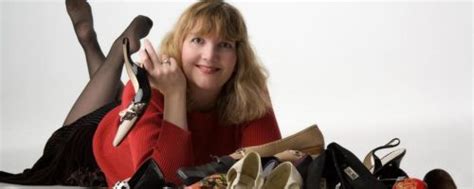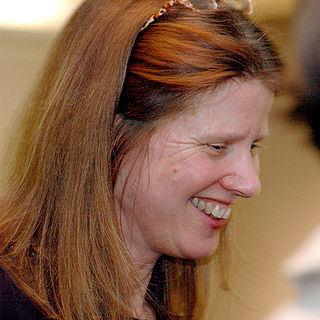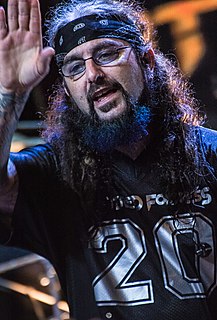A Quote by James M. Barrie
For several days after my first book was published, I carried it about in my pocket and took surreptitious peeps at it to make sure the ink had not faded.
Related Quotes
About a year after (my stories began being published), magazine editor George Scithers, suggested to me that since I was so new at being published, I must be very close to what I had to learn to move from fooling around with writing to actually producing professional stories. There are a lot of aspiring writers out there who would like to know just that. Write that book.SFWW-I is that book. It's the book I was looking for when I first started writing fiction.
When Emily Dickinson's poems were published in the 1890s, they were a best-seller; the first book of her poems went through eleven editions of a print run of about 400. So the first print run out of Boston for a first book of poems was 400 for a country that had fifty million people in it. Now a first print run for a first book is maybe 2,000? So that's a five-time increase in the expectation of readership. Probably the audience is almost exactly the same size as it was in 1900, if you just took that one example.
When I wrote the first Betsy book, 'Undead and Unwed,' I had no idea, none, that it would be a career-defining, genre-defining book, the first of over a dozen in the series, the first of over 70 published books, the first on my road to the best-seller list, the first on my road to being published in 15 countries.
When I was first writing 'Feed' - which was the first book I published as Mira - I talked about it very openly on my blog, on Twitter, that I was writing this book, and it wasn't until after it was sold that I said 'Mira Grant' wrote this book. And the reason there was really purely marketing-based.
Back when I went to Louisiana State University a million years ago, we got the Baton Rouge paper. But if you wanted to read 'The New York Times' or 'The Wall Street Journal,' you had to go to the reading room of the student union, and you got the edition several days after it had been published, and you had to read it on a wooden stick.
I had read [Charles] Dickens's novels were often published serially. I thought it would be fun to write a book, just sitting down and writing a chapter every day, not knowing what would happen next. So that's how I wrote the first draft. And then of course I had to go back and make sure everything worked and change things.
My first book published in France was translated and titled Exercices d'Attente in 1972. It was a collection of short works written and published in Romania. In 1973 I was ready to publish the novel Arpièges, which I had started writing in Romanian and of which I had published some fragments under the title Vain Art of the Fugue. Some years later, I finished Necessary Marriage.
I've been asked to write a book several times; I've had several publishers come to me and offer me book deals. Especially right after I left Dream Theater and Avenged Sevenfold, there was a lot of drama going on in my life, so the book companies came at me thirsty for blood and gossip. And I turned down all the deals.
Hollywood loves pre-validation. Even if someone has a property that was first published as a comic book that sold only 5,000 copies, for Hollywood, that is a stamp of approval. 'Oh, it was already published in another medium? Must be good!' They get assurance from knowing that someone else already took the risk.







































